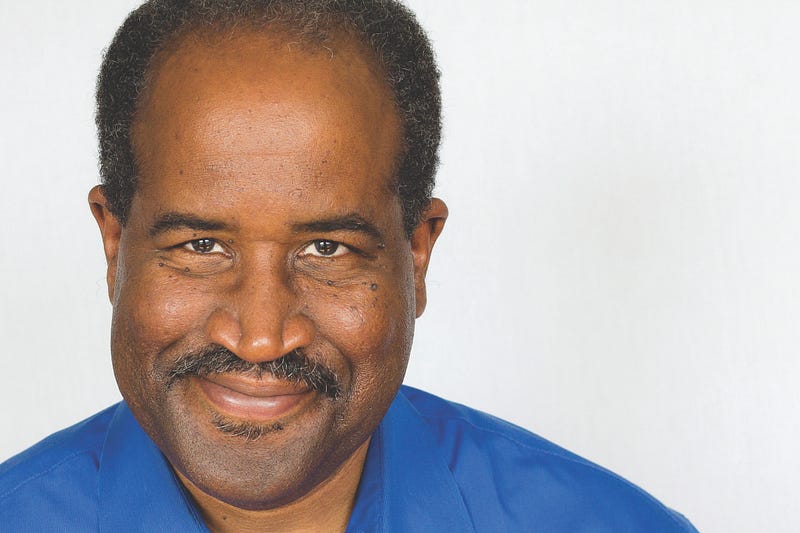
On Thursday, Oct. 18, poet Afaa Weaver will read from his work in the Beinecke Events Barn at 8:00 PM. After the reading, there will be a reception and book sale. The event is presented by Hamilton College’s Literature and Creative Writing departments, and is sponsored by the Forman Memorial Fund and the Days-Massolo Center.
Afaa Michael Weaver is an American poet, editor, and journalist. He was born as Michael S. Weaver in Baltimore, Maryland during 1951. When Weaver was 16, he graduated high school as a National Merit Finalist.
He continued his education for two years at the University of Maryland College Park. Between his undergraduate and graduate studies, Weaver worked alongside his father and uncles at a factory for fifteen years. However, he spent a significant amount of time outside of the factory pursuing endeavors to write and publish more of his work. Weaver founded 7th Son Press and the literary journal
Blind Alleys
. He wrote short stories, poetry, freelance articles, and submitted book reviews first to Andrei Codrescu’s literary journal
Exquisite Corpse
and then for
The Baltimore Sun
. Andrei Codrescu is a Romanian-American writer and National Public radio commentator who serves as an editor for
Exquisite Corpse
.
Weaver’s first poetry book named
Water Song
was published in the literary journal
Callaloo
in 1985. The National Endowment for the Arts granted him a fellowship six months later. Weaver then departed the factory to pursue a Masters of Arts in theater and playwriting from Brown University and a Bachelor of Arts in literature from Excelsior College. At Brown, Weaver was on a full university fellowship and attended Brown’s graduate writing program.
Weaver started his teaching career at Essex College in 1987. Since then, he has taught at other American undergraduate and graduate schools including Seton Hall Law School, City University of New York, New York University, Rutgers University, and Simmons College. Internationally, Weaver taught at Taipei National University of the Arts and the National Taiwan University under an appointment in 2001 from the Fulbright Association to teach in Taiwan.
Today, Weaver resides in West Cornwall, Connecticut, and serves as a faculty member for the Drew Masters of Fine Arts program for Poetry and Poetry in Translation.
Weaver found inspiration for his early poetry in Lucille Clifton’s poetry and the Black Arts Movement. Clifton was a poet, writer, and educator from Buffalo, NY and a two-time finalist for the Pulitzer Prize for poetry. The Black Arts Movement grew out of the Black Power movement of the 1960s and early 1970s.
Weaver’s work analyzes how the relationship between physicality and spirit shapes a person’s identity. His writing examines Weaver’s experience in Baltimore, focusing on how his relationships with his family and his city affected Weaver’s development. He also incorporates lessons from his Chinese language and culture studies and work with Chinese poets into his writing. Weaver intends for readers to absorb his poetry through spoken word, with the writer delivering his poems in a compassionate and detailed manner. This vocal and personal delivery makes Weaver’s poetry a unique experience.

















